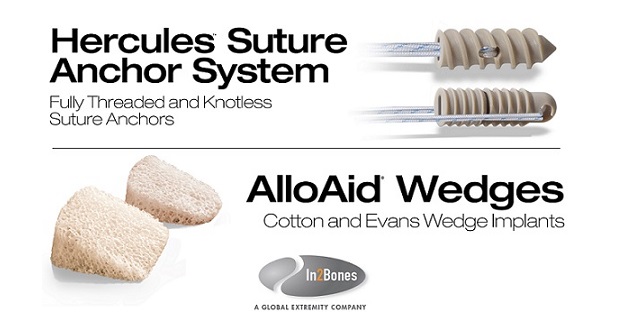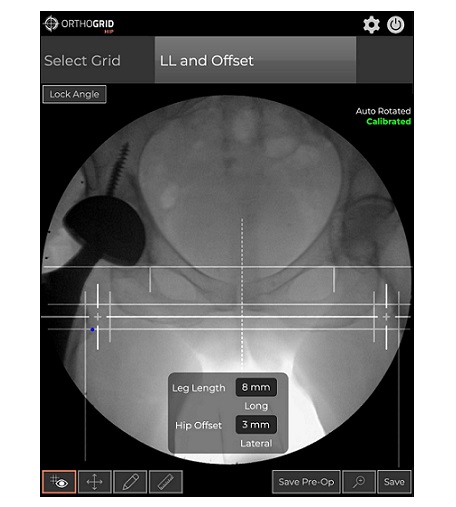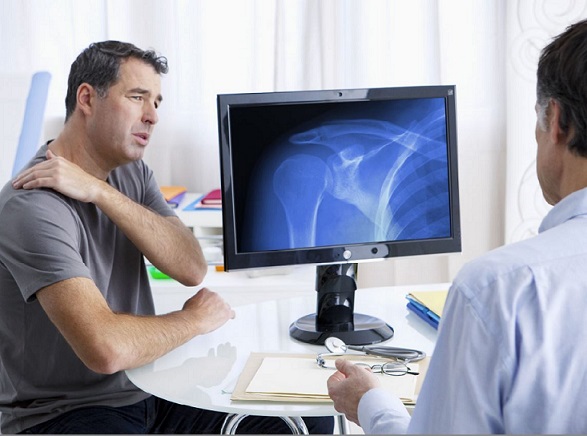Elizabeth Hofheinz, M.P.H., M.Ed.
Do your sports medicine fellows have sufficient exposure to anterior shoulder dislocation, but don’t do many arthroscopic hip procedures? How steady is their exposure to knee procedures? These and other questions are addressed in new work by the Department of Orthopaedics at The Ohio State University Wexner Medical Center, Sports Medicine Research Institute.
Their study, “Orthopaedic Surgery Sports Medicine Fellows See Substantial Increase in Hip Arthroscopy Procedural Volume With High Variability From 2011 to 2016,” was published in the February 1, 2021 edition of Arthroscopy.
Using 2011-2016 case logs from the Accreditation Council for Graduate Medical Education (ACGME), the researchers examined how much exposure that sports medicine fellows graduating from an ACGME-accredited program had to shoulder, hip and knee procedures.
Co-author William Vasileff, M.D., a sports medicine and hip preservation specialist at Wexner, told OSN, “The amount of hip arthroscopy being performed has risen dramatically over the last decade or so, and the training surgeons receive when learning this procedure can be quite variable. In addition, there is a significant learning curve with hip arthroscopy to improve outcomes and reduce risks of less-than-optimal outcomes and complications. Fellowship is a big bulk of time where many surgeons get subspecialty training, including hip arthroscopy, and we recognized that there is potentially a wide variety of types of experiences during fellowship training.”
To put numbers to their hypotheses, the researchers used linear regression to identify significant changes in case volumes over time for each surgical case/procedure. Also, for the first and last years of the study, the difference in case volume between fellows in the lowest (10th) and highest (90th) centile was determined.
“The average number of total procedures per fellow minimally decreased by 3.5% from 2011 to 2016 (726 to 701 cases),” wrote the authors. “The mean total number of hip procedures significantly increased by 155% from 24.9 to 63.5. There were no significant differences in the mean total number of shoulder and knee procedures. Arthroscopic hip procedures had the largest increase from 2011 to 2016. There was greater than 2-fold difference in total procedural volume between fellows in the 10th and 90th percentile for 2011 and 2016, with the greatest variation (64-fold) for arthroscopic hip procedures.”
Dr. Vasileff: “There was a very significant increase in hip arthroscopy procedures performed for fellows in training from 2011-2016 reflecting the growth of the procedures being performed by attending surgeons and teaching fellows. There was also a large difference between the fellows who did the most hip arthroscopy procedures and those who did the fewest (10th vs 90th percentile)?”
Opening up new lines of inquiry
“The most interesting next step related to this would be to ask several different questions. Did the fellows near the top of the percentile for hip arthroscopy procedures in training go on to do more hip arthrosocpy when in independent practice? And also, for those who had more experience with hip arthrosocpy in fellowship training have fewer complication and poor outcomes, shortening the learning curve in those instances? Lastly, were the few fellows near the top of these percentiles from a handful of training programs, and was this large increase in hip procedures driven by a few high-volume hip practices?”
“Fellowship training experiences can be extremely variable from program to program, especially when it comes to exposure to hip arthroscopy procedures,” said Dr. Vasileff to OSN. “Subspecialty training in this sub-sub niche is extremely important to strong patient outcomes and reducing risk of harm. When choosing to pursue a career to include hip arthroscopy and hip preservation surgery, ensure that proper training via fellowship, visiting surgeon programs, educational lab courses and other avenues can all play an important role.”








